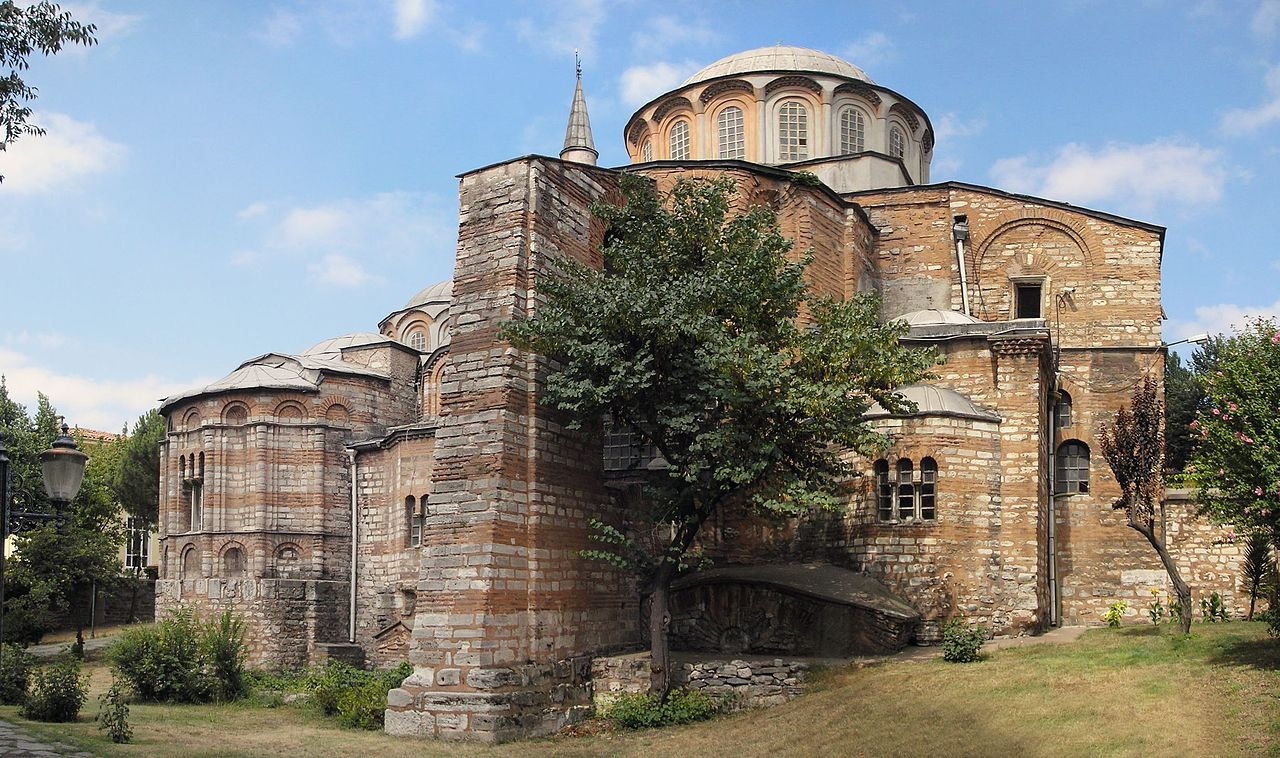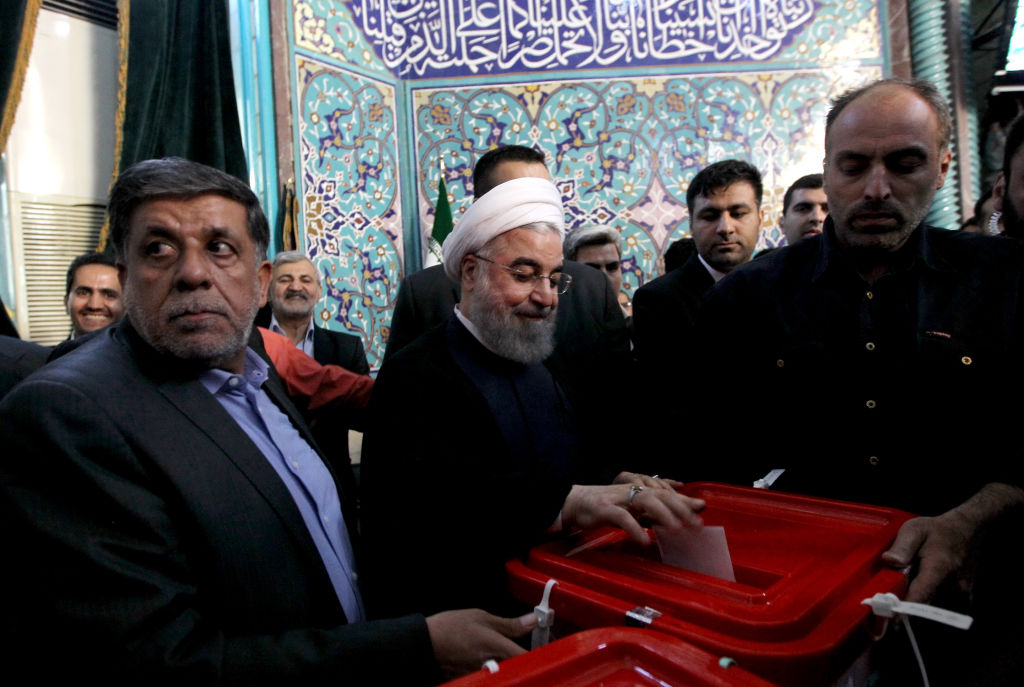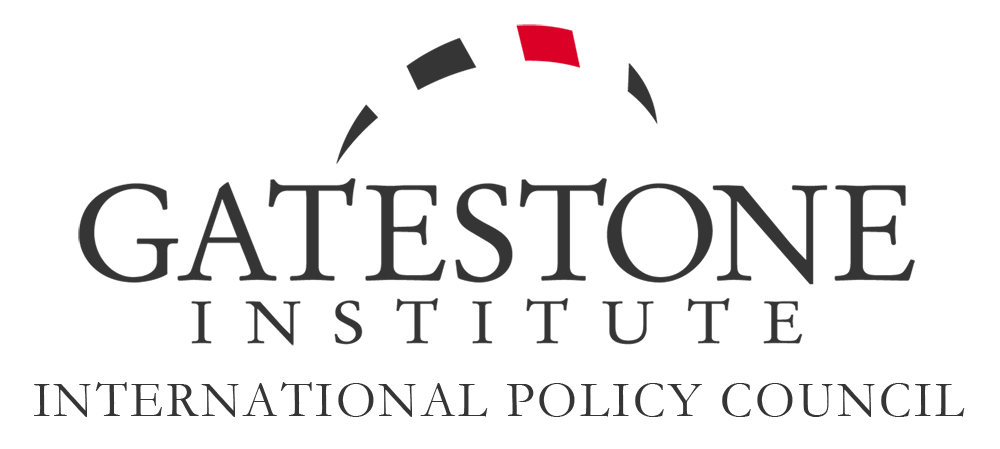by Raymond Ibrahim • February 16th
"He was a 15-year-old adolescent. He was so deeply asleep in his bed that he didn't hear any of the noise around him. They thrust the blade of the axe so deeply into his skull, to the point we had to use a hammer to get it out of his head." Many Christians have been displaced by these ongoing attacks and live in "extreme misery," added another local: "This is beyond persecution. It is a dramatic situation, plunging thousands of families into a deplorable humanitarian crisis." — Rebecca, a witness, Barnabas Fund, November 15, 2019, Cameroon.
A group of Muslims beat, robbed, and threatened to kill a Christian evangelist if he did not convert to Islam.... [T]he Muslims indicated that they had physical pains and injuries. Fløttum offered to pray for them, they accepted, and he complied. They said they felt better and urged him to go with them and pray for another of their friends who was also suffering from a foot injury.... "They were very nice and I couldn't believe they would deceive me," he later said. They took him to a backyard, pushed him down a cellar staircase, and began to beat and kick him in the face...."While they kept me there, they threatened me and said they would kill me if I did not convert to Islam....I was scared and actually thought they were going to kill me because they said they had a knife and didn't want witnesses." — Idag.no, November 28, 2019, Norway.
"...although the Egyptian government has made some modest progress toward legalizing informal churches around the country and improving public discourse about Coptic rights, it has taken few steps toward systematically improving religious freedom conditions for vulnerable Christian populations, particularly in rural areas." — United States Commission on Interreligious Freedom (USCIRF), Annual Report 2019, Egypt.

Turkey's Council of State recently approved converting Istanbul's historic Chora Church, currently a museum, into a mosque. Chora Church's uniquely old and surprisingly intact artwork was first made in 1315 — more than a century before the Turkish invasion and conquest of Constantinople in 1453. (Image source: Gryffindor/Wikimedia Commons)
The Slaughter of Christians
Syria: On November 11, Islamic gunmen opened fire on a vehicle known to be carrying Christian leaders. Two Armenian priests, Father Abrahim Petoyan and Father Hovsep Petoyan, a father and son, were killed and a deacon was seriously wounded. ISIS claimed responsibility. The Armenians had been going to inspect repairs on an Armenian Catholic church that had earlier been damaged in Deir ez-Zor. "We continue to feel the presence of ISIS," responded the Armenian Catholic Archbishop Boutros Marayati of Aleppo, adding that Deir ez-Zor "is a very important town for us, because it is there that many of our martyrs were killed as they fled the Turkish genocide of 1915. Today there are no Armenian Catholics left there. Undoubtedly, the Turks don't want us to return, because our presence would be a reminder of the Armenian genocide."
by Amir Taheri • February 16th
For four decades, Ouyar Hassan has put up with an ochlocracy disguised as a theocracy. Wearing an Anatolian smile, he has seen Iran become the only country in the world, perhaps with the exception of Zimbabwe, poorer than it was 40 years ago. He has seen Iran top the list of infamy in the word for the number of political prisoners and executions. He has witnessed the establishment of widespread corruption not as an aberration but as a way of life. For four decades, Ouyar Hassan has turned up at polling stations to cast his vote in fake elections for an ersatz parliament and an actor playing President of the Republic.
For the first time since the mullahs seized power, almost all political groups associated with them from the beginning... have publicly called for a boycott of the polls. Even some of the so-called "moderate-reformists", better known for their sheer opportunism than their moral courage, are calling for a boycott of the fake elections.
As usual, the authorities could try to manipulate the results in a number of ways such as refusing to register many would-be voters, pre-filling polling boxes and inflating the number of ballots cast in the provinces. Nevertheless, a massive boycott would be hard to camouflage. Such a massive refusal to play extras in a sinister masquerade would show that Ouyar Hassan is no longer prepared to let "those better than us" walk all over him.

Once again, Iran's kleptocrat ruling elite is now trying to organize a general election to burnish its so-called "Islamic democracy". As usual, the authorities could try to manipulate the results in a number of ways such as refusing to register many would-be voters, pre-filling polling boxes and inflating the number of ballots cast in the provinces. Pictured: Iranian President Hassan Rouhani casts his ballot for the presidential elections in Tehran on May 19, 2017. (Photo credit should read Majid Azad/AFP via Getty Images)
Since the 19th century, caricature has been used to highlight in a humorous mode the key features of famous persons or even a whole nation. In the latter case, some well-known examples include Uncle Sam, with his top-hat and carefully trimmed Van Dyke, representing the United States. England is represented by John Bull with his bowler hat, belly and rosy cheeks. French are made fun of with Gaston Dupont, wearing a beret, and with a baguette under his arm and a Gauloise in his mouth, who doesn't know whether his name should end with a D or a T neither of which are pronounced in any case. For its part, Iran is represented by Ouyar Hassan wearing a felt cap, long shirt and baggy trousers.
|
|
|



No comments:
Post a Comment